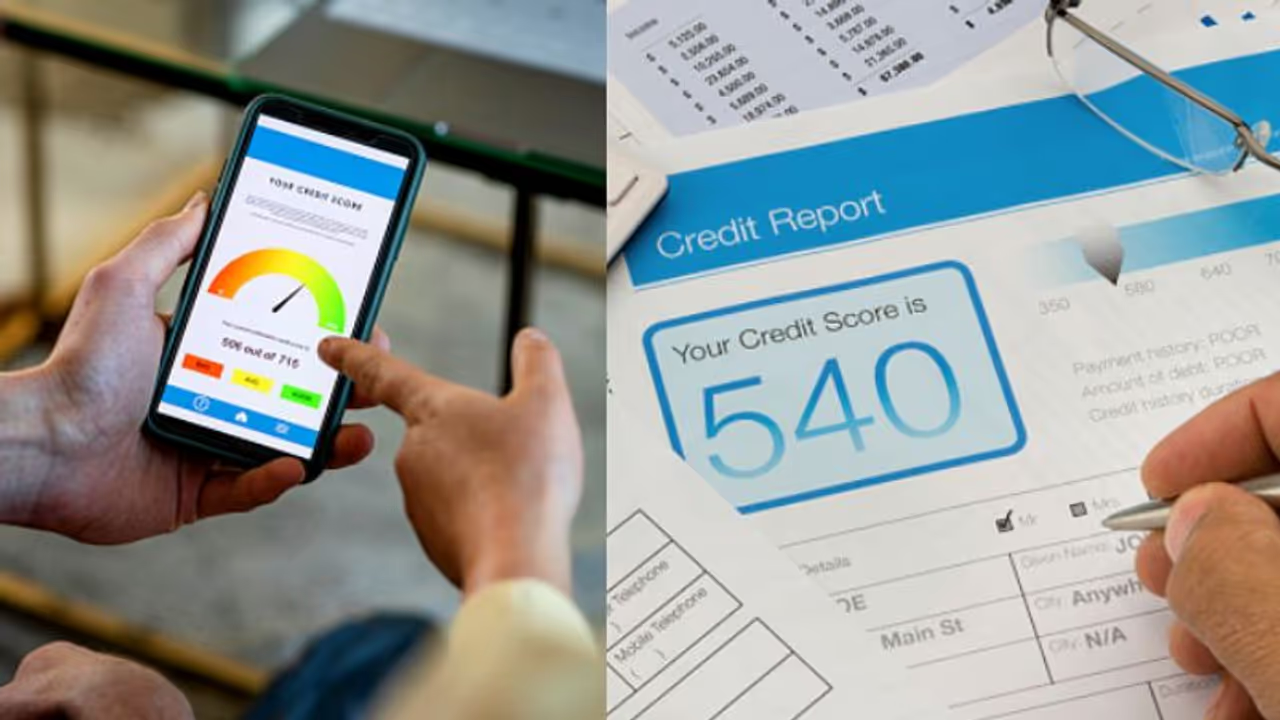Begin by thoroughly reviewing your credit report for errors, such as incorrect late payments or accounts that do not belong to you. Mistakes on your credit report can lower your score unnecessarily.
Unemployment can be a challenging phase, particularly when financial commitments remain constant. While the loss of steady income may raise concerns about managing expenses and loans, maintaining a good credit score during this period is not impossible. With strategic planning and disciplined financial habits, you can safeguard your creditworthiness even without regular income.

Does unemployment affect your credit score?
Contrary to popular belief, unemployment does not directly impact your credit score. Credit bureaus calculate scores based on financial behavior, such as timely payments and credit utilization, rather than employment status or income levels. However, the indirect effects of unemployment—missed payments or debt accumulation—can damage your credit score, making financial discipline crucial during this period.
Year ender 2024: Mules, phishing and digital arrests — How scamsters exploited dark web
Strategies to maintain healthy credit score during unemployment
1. Review your credit report regularly:
Begin by thoroughly reviewing your credit report for errors, such as incorrect late payments or accounts that do not belong to you. Mistakes on your credit report can lower your score unnecessarily. Dispute inaccuracies with the credit bureau promptly, providing supporting documents to rectify the issues. Regular checks, ideally quarterly, can help you identify and address discrepancies early.
2. Prioritize timely payments:
Payment history is a significant factor in determining credit scores. Even if funds are limited, strive to make at least the minimum payments on credit cards, loans, and mortgages. A single late payment can cause a steep decline in your credit score. Setting up auto-debit for minimum payments can help ensure deadlines are met without additional stress.
3. Categorize and prioritize debts:
Not all debts carry equal weight. Identify essential expenses such as rent, utility bills, and home loan payments as priorities. Credit card payments and other loans should follow. If managing EMIs becomes challenging, approach your lender to request deferment or restructuring tailored for unemployed individuals.
4. Avoid accumulating new debt:
It may be tempting to rely on credit cards or personal loans during financial instability, but this can lead to spiraling debt and higher interest payments. Instead, limit credit usage to essential expenses and ensure timely repayments to avoid further financial strain.
Why your credit score isn't rising despite perfect payment history
5. Build positive credit history:
For individuals with poor credit, using secured credit cards or becoming an authorized user on a trusted individual’s credit account can help rebuild credit. These options allow you to demonstrate responsible credit behavior by making small, manageable purchases and paying them off in full each month.
6. Communicate with lenders:
Transparency with lenders is key if you foresee difficulties in meeting payments. Many financial institutions offer assistance programs, such as deferred payments or reduced EMIs, for individuals facing unemployment. Proactive communication can help you avoid penalties and safeguard your credit score.
